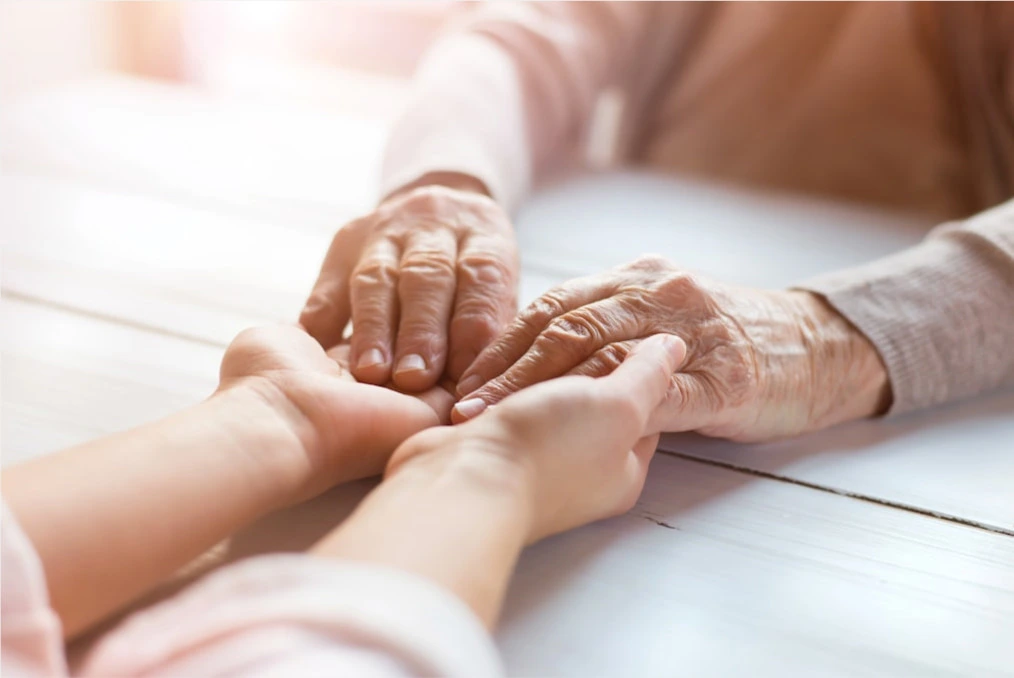Warning Signs
Something to look out for when concerned that a person may be suicidal is a change in behavior or the presence of entirely new behaviors. This is of sharpest concern if the new or changed behavior is related to a painful event, loss, or change. Most people who take their lives exhibit one or more warning signs, either through what they say or what they do.

Call 988
At the 988 Suicide & Crisis Lifeline, we understand that life's challenges can sometimes be difficult. Whether you're facing mental health struggles, emotional distress, alcohol or drug use concerns, or just need someone to talk to, our caring counselors are here for you.
You are not alone.
Recognize the Risks
Behavioral and Emotional Warning Signs

Physical and Mental Health Challenges

Major Life Changes or Losses
Big transitions or personal losses can be emotionally overwhelming.



